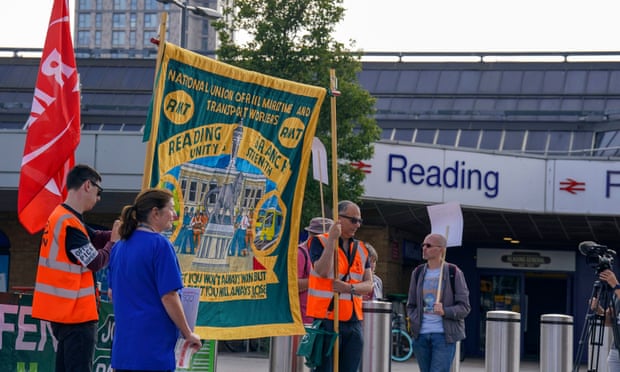Albertans boycott Canadian Blood Services over dropped mask policy
The organization has faced blood shortages during the
pandemic
Canadian Blood Services is facing a backlash over a decision this week to drop a COVID-19 mask requirement at its donation centres nationwide.
In Alberta, a number of concerned donors are opting to cancel their blood donation plans.
The organization, which has dealt with blood shortages through the pandemic, announced Monday on Twitter that it has lifted a COVID-19 mask mandate in its buildings, vehicles and collection events nationwide.
The announcement comes at a time when transmission rates are rising in Alberta. It prompted an immediate outcry.
"It was a gut punch," said Cindy Wilinski, who ranches south of Okotoks.
She, along with other members of her family, have been regular blood donors since her granddaughter was diagnosed with leukemia a few years ago. The young girl is now in remission, but she required numerous blood transfusions during her treatment.
"It was something we felt was a way we could give back [after] the way modern medicine was able to put our granddaughter into remission."
Wilinski believes health-related organizations should have protective measures such as masking in place to prevent COVID-19 transmission. She says her family has decided it will not be donating blood as long as the policy is suspended.
"Canadian Blood Services can't afford to lose donors.… It doesn't do anyone any harm to throw on a mask before popping in to give blood," said Wilinski, who is calling on the organization to reconsider.
"I think it's going to deter a lot of people like myself who are actively trying really hard to avoid infection."
Masks still 'welcome'
Canadian Blood Services announced in June that it was dealing with "a critically low national blood inventory" and a dramatic decrease in donors as a result of the pandemic.
The organization — which took to Twitter to alert the public it had suspended both masking and physical distancing in its buildings, vehicles and collection events — told CBC News it's taken a "cautious and measured" approach since the beginning of the pandemic.
"Although no longer required, masks are welcome in our environments and are available to anyone who chooses to wear one," a spokesperson said in an emailed statement.
The organization would not provide an interview but says all its decisions have been made in consultation with medical and epidemiology experts and have, at a minimum, met public health requirements.
"Canadian Blood Services is a unique organization. Although we provide life-saving products to hospitals, we are not a hospital or health-care setting," the statement said.
"As a community setting, we are able to shift from mandatory to optional measures. In recent months we have seen restrictions being eased in many other community venues. This can happen because the majority of Canadians are vaccinated against COVID-19, and illness now caused by COVID-19 is far less severe in most cases."
'Not good enough'
"It's just not good enough. It doesn't show a level of care for the community. It certainly doesn't show a level of care for vulnerable people," said Calgarian Jessy Roos, a regular blood donor.
She has also decided to stop donating as long as the mask mandate is suspended.
"I will not go to a needed service like this where I put myself and my community at risk by attending," said Roos, noting she has vulnerable family members she wants to protect from a COVID infection.
"I hate to be put in the position that I have to choose between doing something that I'm really passionate about — that is helpful [and] that saves lives — and keeping my loved ones safe."
Another long-time donor, Sven Stuwe of Calgary, says he understand the backlash but intends to keep giving blood.
"I have mixed feelings on it because I know that COVID numbers are going up," he said, adding he's always felt safe at Canadian Blood Services facilities.
"This is so important. And I've seen so many stories over the years about people needing the blood, I'm going to continue to do it. I know there are people that are concerned about it and rightly so. And if they don't want to, I totally understand," said Stuwe, who has given close to 90 whole blood donations.
His next appointment is scheduled for September.
Canadian Blood Services says it continues to ensure that surgical masks and N95s are available to staff, volunteers, visitors and donors, and it will reintroduce mandatory masks and physical distancing "if necessary."














